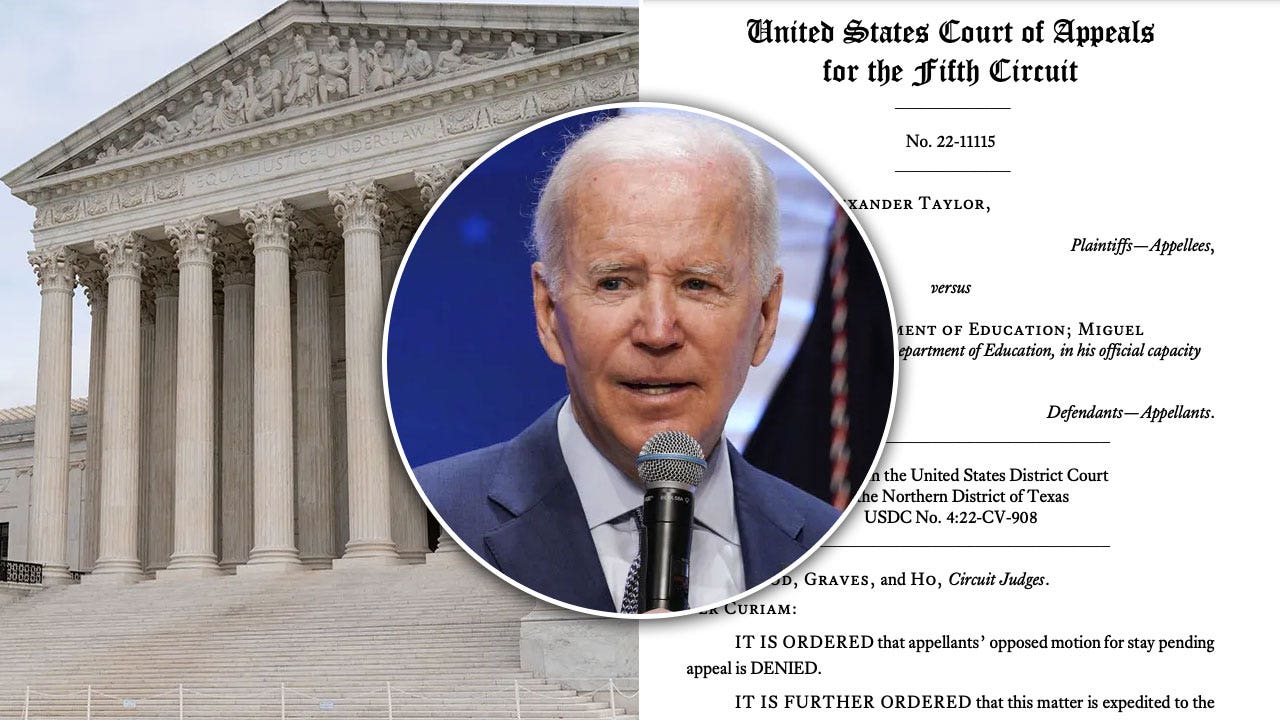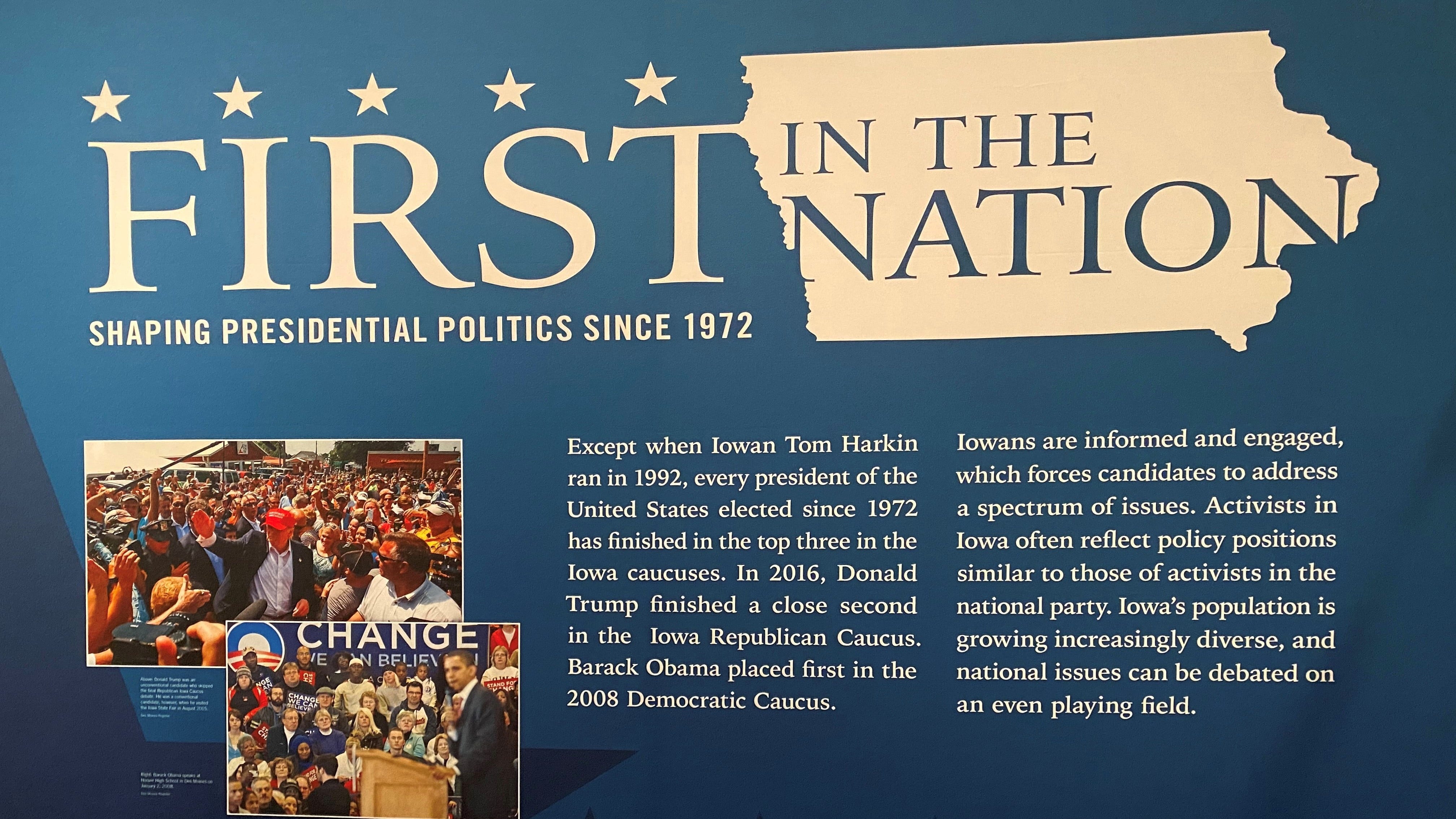Reports about the radical and criminal history of the British citizen who was shot dead in the Texas synagogue siege after taking Jewish worshippers hostage are raising questions on both sides of the Atlantic about how he got past both countries’ intelligence services and gained entry into the United States.
Malik Faisal Akram, a British citizen from Blackburn, England, was shot dead by law enforcement last week after he took hostages at a synagogue in Colleyville, Texas. While no hostages were killed, Akram was heard demanding the release of a Pakistani national in prison for trying to kill U.S. troops in Afghanistan, and who was dubbed “Lady Al Qaeda.”
MALIK FAISAL AKRAM: WHAT TO KNOW ABOUT TEXAS SYNAGOGUE HOSTAGE SUSPECT
The BBC reported that Akram entered the U.S. via John F. Kennedy Airport in New York earlier this month. British media initially reported that he entered on a tourist visa, while others have said specifically that he came in through the Visa Waiver Program. That program allows nationals of participating countries (including the U.K.) to travel to the U.S. for 90 days without a visa — instead having to go through the Electronic System for Travel Authorization (ESTA) verification process. ESTA, a U.S.-based system, checks the applicants details and any criminal history and gives an approval or denial within minutes. Travelers (as with all U.S. non-citizens) are given a brief questioning by a Customs and Border Protection (CBP) on arrival in the United States.
Whether Akram came in via Visa Waiver or with a tourist visa, nothing prevented his entry, despite reports of a broad criminal and radical history.
The Telegraph reported that in 2001, he was banned from a magistrates court after he told an usher he wished the official had died in the 9/11 attacks just months earlier. The outlet also reported that Akram had spent three stints in prison, was a regular visitor to Pakistan and is believed to have been a member of Tablighi Jamaat — a radical Islamist organization banned in Saudi Arabia.
The Times of London reported that Akram visited Pakistan twice in 2020 and was investigated by British intelligence agency MI5 for four weeks after concerns were raised about his behavior. Crucially, agents determined that there was no reason to elevate the short lead investigation to a full inquiry and the case was dropped.
As a result, Akram was reportedly free to travel to the U.S. Investigators also told the Times that he lied on his visa waiver about past criminal activity.
TEXAS SYNAGOGUE HOSTAGE SUSPECT WAS BANNED FROM UK COURT OVER ‘THREATENING’ 9/11 OUTBURST: REPORT
The case is likely to raise questions about British intelligence’s monitoring of Islamist radicals within its own borders. Last year, a jury found failures in information sharing by British government agencies in the case of Usman Khan – who killed two people in an attack just 11 months after being released from prison, where he served eight years for trying to set up a terror camp in Pakistan. Police and MI5 were also criticized by a parliamentary watchdog for a number of missed opportunities to stop the Manchester Arena bombing in 2017.
In the U.K., Akram’s family was asking how Malik was allowed to enter the U.S. given his purported criminal history.
 Video
Video
“How had he gotten into America?” his brother told The New York Times. “Why was he granted a visa? How did he land at JFK airport and not get stopped for one second?”
In the United States, Republican lawmakers also sought answers from the joe-biden” target=”_blank”>Biden<
“They have an obligation to share with the American people immediately without delay everything they know about how this individual entered the country whether it through a visa or the visa waiver program, what red flags existed, what criminal record existed, what prior immigration history if any existed…were there any errors, lies or misstatements on the application, what procedure he went through,” he said.
“Because if someone with this kind of history can apparently get into the country with that degree of ease, somebody with an apparent history of extremism, and terrorist sympathies, then it indicates that all the guardrails when it comes to vetting are gone.”
Fox News’ Danielle Wallace contributed to this report.









